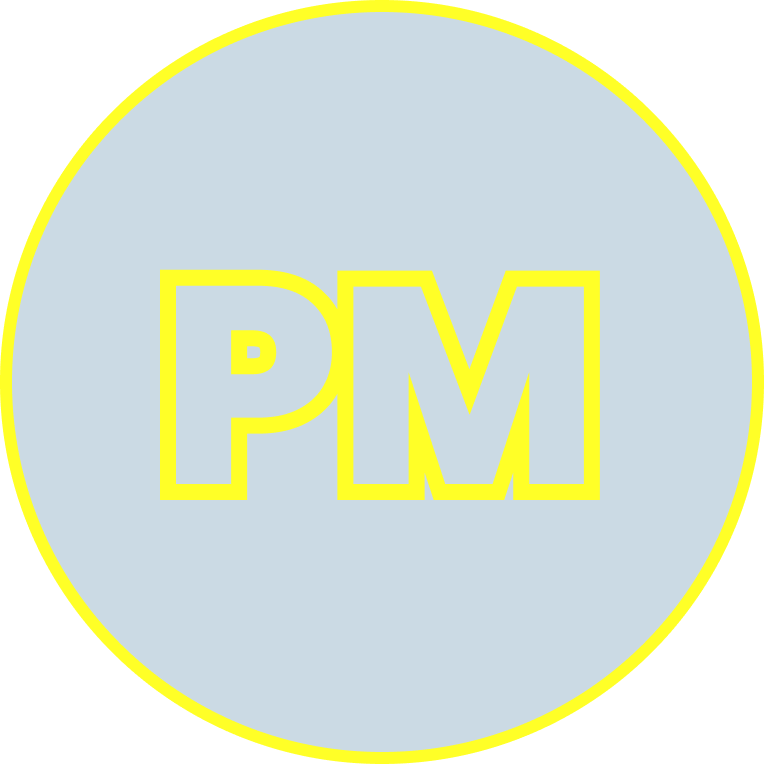Live Threads
I have always had a bad memory.
So the topic of what I can do to better retain and apply the information I’m consuming has fascinated me recently. Part of the issue as far as I can tell is that: I read something once, think about it for a few minutes, hope part of it sticks somewhere in my brain, and then move on. A major reason that I started writing is that it forces me to engage more actively with the information I consume, knowing that I will have to try to apply it in novel, cohesive and insightful ways.
Since I started this blog and its companion newsletter, Per My Last E-mail, 6 weeks ago, I have been hunting for interesting and informative articles, podcasts, books and videos to share and to incorporate into posts. So far, it has worked, so I want to find a more lightweight way to engage with and organize the content I’m exploring that doesn’t make it into a post, and one of the ways I’m playing with is creating Live Threads.
As I come across interesting content, I’m going to group it by Live Thread (LT) on Twitter to add more cohesion to the disparate things I read and listen to. My first LTs will be on Startup Strategy, Education, Natively Integrated Companies, Real Estate & Proptech, Philly Sports, Books, and Markets & Economics. The number of LTs will likely grow over time, but until they do, I’ll stash interesting things I find in the Other LT. I’m looking forward to:
Learning if this helps me organize my thoughts and enables better retention and application;
Hearing if people get value from the Live Threads;
Seeing if people will contribute to the LTs (and seeing how on-topic those contributions are).
Let me know if you have any thoughts, and please share what you’re reading and listening to on the relevant Live Threads!




